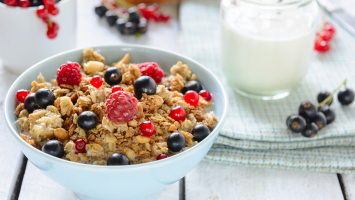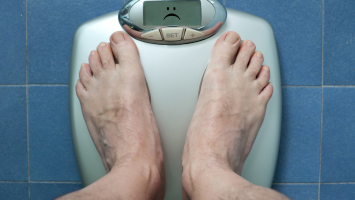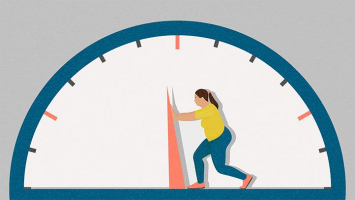Top 10 Common Mistakes When Trying to Lose Weight
For some people, losing weight might be difficult. Even if you believe you are living a healthy lifestyle, you may not be getting the results you want. It's ... read more...possible that you're following incorrect or out-of-date advice. This might hinder you from seeing the changes you want to see. Here are some common weight-loss mistakes most people make!
-
Despite living a healthy lifestyle, it's common to feel that you're not losing weight quickly enough. It's critical to keep in mind that the number on the scale is simply one indication of weight loss. Several factors impact weight, including fluid fluctuations and the quantity of food left in your system.
In fact, depending on how much food and liquid you've ingested, your weight may fluctuate by 2 to 4 pounds over the course of a few days. In addition, hormonal changes in women can cause increased water retention, which shows up on the scale. If the number on the scale isn't changing, it's possible that you're reducing fat mass but retaining water. You may also be growing muscle and reducing fat if you've been exercising. Even though the number on the scale stays the same, your clothes may start to feel looser — especially around the waist — when this happens. Even if the scale number doesn't move significantly, measuring your waist with a tape measure and taking monthly pictures of yourself might indicate if you're losing weight.

Focusing only on the scale 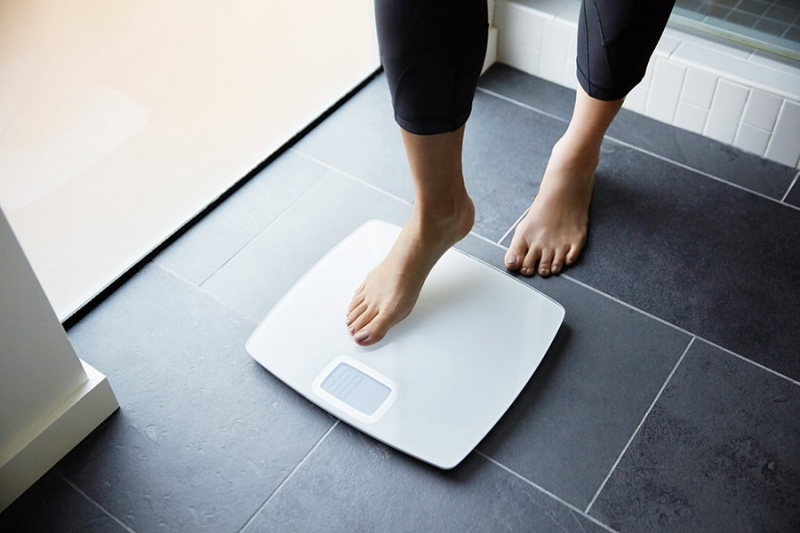
Focusing only on the scale -
Weight loss requires a calorie deficit. This means that you must burn more calories than you intake. For many years, it was believed that cutting 3,500 calories per week would result in a weight loss of 1 pound (0.45 kg). A recent study, however, suggests that the calorie deficit required differs from person to person.
Overeating is a major contributor to weight gain. You will gain weight if you consume more calories each day than you burn. Excessive calorie intake is driven by mindless eating, frequent snacking, and calorie-rich, nutrient-poor dietary choices. Paying attention to hunger and fullness cues by eating mindfully, eating a high-fiber, high-protein diet rich in plant foods, drinking water instead of calorie-dense drinks, and increasing your activity level are all simple ways to avoid overeating. On the other side, restricting your calorie intake too much might boomerang. Very low-calorie diets have been shown to cause muscle loss and dramatically slow metabolism in studies.
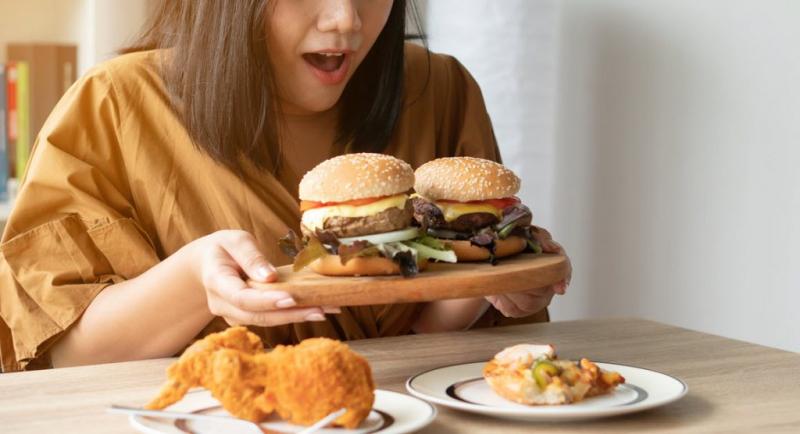
Eating too many or too few calories 
Eating too many or too few calories -
You will undoubtedly lose some muscle mass as well as fat during weight loss, however, the amount depends on several factors. If you don't exercise at all when calorie-restricting, you're more likely to lose muscle mass and have a lower metabolic rate. Exercising, on the other hand, may be beneficial in minimizing the amount of lean mass you lose, increasing fat loss and preventing your metabolism from slowing down.
The more lean muscle mass you have, the easier it will be to reduce weight and keep it off. Overexercising, on the other hand, might be unhealthy. Excessive exercise, according to studies, is unsustainable in the long run for most people and can contribute to stress. Furthermore, it may have a negative impact on endocrine hormones, which help regulate body functions. Exercising excessively to force your body to burn more calories is neither productive nor healthful. Lifting weights and doing cardio several times per week, on the other hand, can be a long-term strategy for maintaining metabolic rate while losing weight.

Not exercising or exercising too much 
Not exercising or exercising too much -
Lifting weights has a distinct weight-loss benefit that sets it apart from other forms of exercise: Lifting weights helps you gain muscle and lose fat. Because muscle tissue is more metabolically active than fat tissue, when you gain muscle, your body will burn more calories at rest over time than it did before.
Resistance training can help you promote weight loss. Lifting weights has been shown in studies to be one of the most effective ways to grow muscle and increase metabolic rate. It also improves strength and physical function, and it may help in the reduction of belly fat. In fact, according to an analysis of 32 trials involving over 4,700 obese adults, the best fat-loss strategy appears to be a combination of aerobic exercise and weightlifting.

Not lifting weights 
Not lifting weights -
Processed low-fat or "diet" foods are frequently touted as healthy options for weight loss. However, they may have the opposite effect. Many of these products are packed with sugar in order to improve their taste.
For example, a 6-ounce container of low-fat flavored yogurt may have 23.5 grams of sugar (over 4 teaspoons). A 2,000-calorie diet should contain no more than 12 teaspoons of added sugar per day, according to the Centers for Disease Control and Prevention (CDC). Low-fat products may make you feel hungrier, causing you to consume more calories than your body needs. Choose a variety of healthy, minimally processed foods instead of low-fat or "diet" foods. Choose fruits and vegetables, including canned and frozen varieties because they are naturally low in fat and high in nutrients.

Choosing low fat or “diet” foods 
Choosing low fat or “diet” foods -
Many people believe that physical activity "boosts" their metabolism. While exercise does boost metabolic rate, it may be less than you think. According to studies, people who are both moderately overweight and overweight tend to overestimate the number of calories they burn during exercise, often by a significant amount.
People may sometimes overestimate their level of physical activity. In one research, 29.1% of participants reported doing more physical exercise than they actually were. Exercise is still important for general health and can help weight loss. It's important to know how much exercise you're getting and how many calories you're burning. However, experts suggest it's best to create a calorie deficit through eating rather than exercise. Work out in ways that you enjoy to make fitness a way of life, not just a way to burn calories.

Overestimating how many calories you burn during exercise 
Overestimating how many calories you burn during exercise -
If you're trying to lose weight, getting enough protein is critical. Protein has been demonstrated to help weight loss in a variety of ways. It can: reduce appetite, increase feelings of fullness, lower the amount of weight regained, maintain or increase metabolic rate and protect muscle mass during weight loss.
If you want to lose weight, aim for 1.6 to 2.2 grams of protein per kilogram of body weight on a regular basis. If athletes and hard exercisers want to lose weight, they should consume 2.2-3.4 grams of protein per kilogram (1-1.5 grams per pound). Make sure to include a high-protein food in each of your meals to help weight loss. Keep in mind that your protein choices aren't limited to meat and dairy. Beans, legumes, quinoa, and flaxseeds are other great and affordable options.

Not eating enough protein 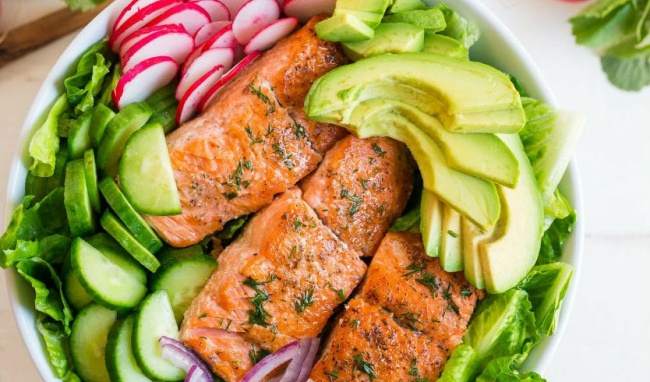
Not eating enough protein -
Your weight loss efforts, as well as your overall health, may be affected by a low fiber diet. According to research, viscous fiber, a type of soluble fiber, reduces hunger by forming a gel that stores water. This gel makes you feel full by moving slowly through your digestive tract.
The fiber of any kind, according to research, may help you lose weight. However, even without a calorie-restricted diet, a review of some research indicated that viscous fiber reduced weight and waist circumference. While further study is needed, fiber appears to interact with gut microbes, resulting in the production of hormones that make you feel full. Fiber may also help with digestion and lessen the risk of some chronic diseases.

Not eating enough fiber 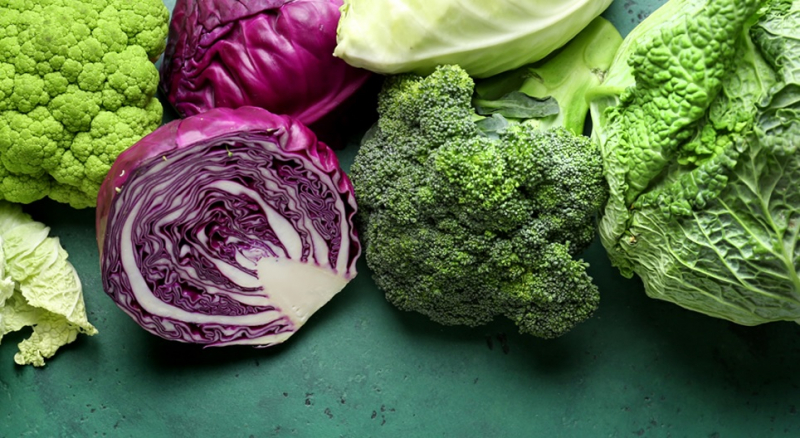
Not eating enough fiber -
For some people, ketogenic and low-carb diets might be quite effective in losing weight. According to studies, they tend to suppress hunger, resulting in a spontaneous reduction in calorie consumption.
Some people mistake the keto diet for a fatty meal, but this isn't the way to lose weight. "Anytime you are taking in more calories than your body needs, you will gain weight. Too much of any food can cause a person to gain weight, and fats are no different", explained Esther Avant, a certified nutrition coach. Fats are the most calorie-dense of the three macronutrient classes. Proteins and carbs both contain four calories per gram, whereas fats have nine calories per gram. This isn't mean that fats are unhealthy for you; it just means that consuming a lot of them might add to your daily calorie consumption. If you’re eating large amounts of fat in your food and are not losing weight, you may need to try reducing your fat intake.
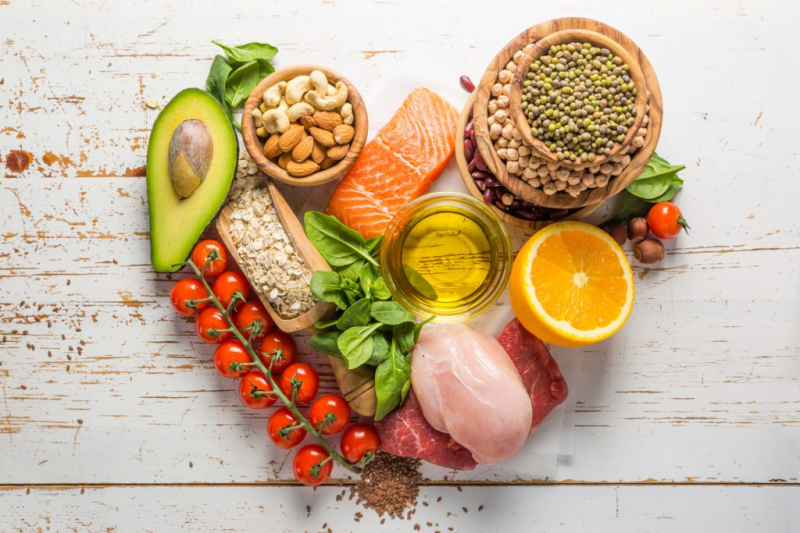
Eating too much fat on a low carb/keto diet 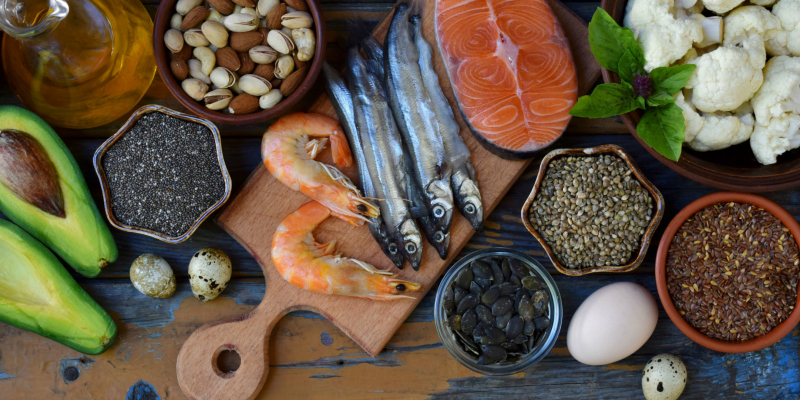
Eating too much fat on a low carb/keto diet -
The conventional advice for many years has been to eat every few hours to avoid hunger and a drop in metabolism. However, this may result in you consuming more calories than your body requires during the day. You might never feel entirely satisfied. According to one study, eating only two to three meals a day can result in less inflammation and a lower risk of weight gain.
You can try intermittent fasting as a weight-loss strategy. Regular, short-term fasts or periods of limited or no food consumption, are part of an eating pattern known as intermittent fasting. People who fast for short periods of time consume fewer calories, which may lead to weight loss over time. Intermittent fasting, on the other hand, may help reduce risk factors for diabetes and cardiovascular disease by reducing cholesterol and blood sugar levels.

Eating too often, even if you’re not hungry 
Eating too often, even if you’re not hungry
























